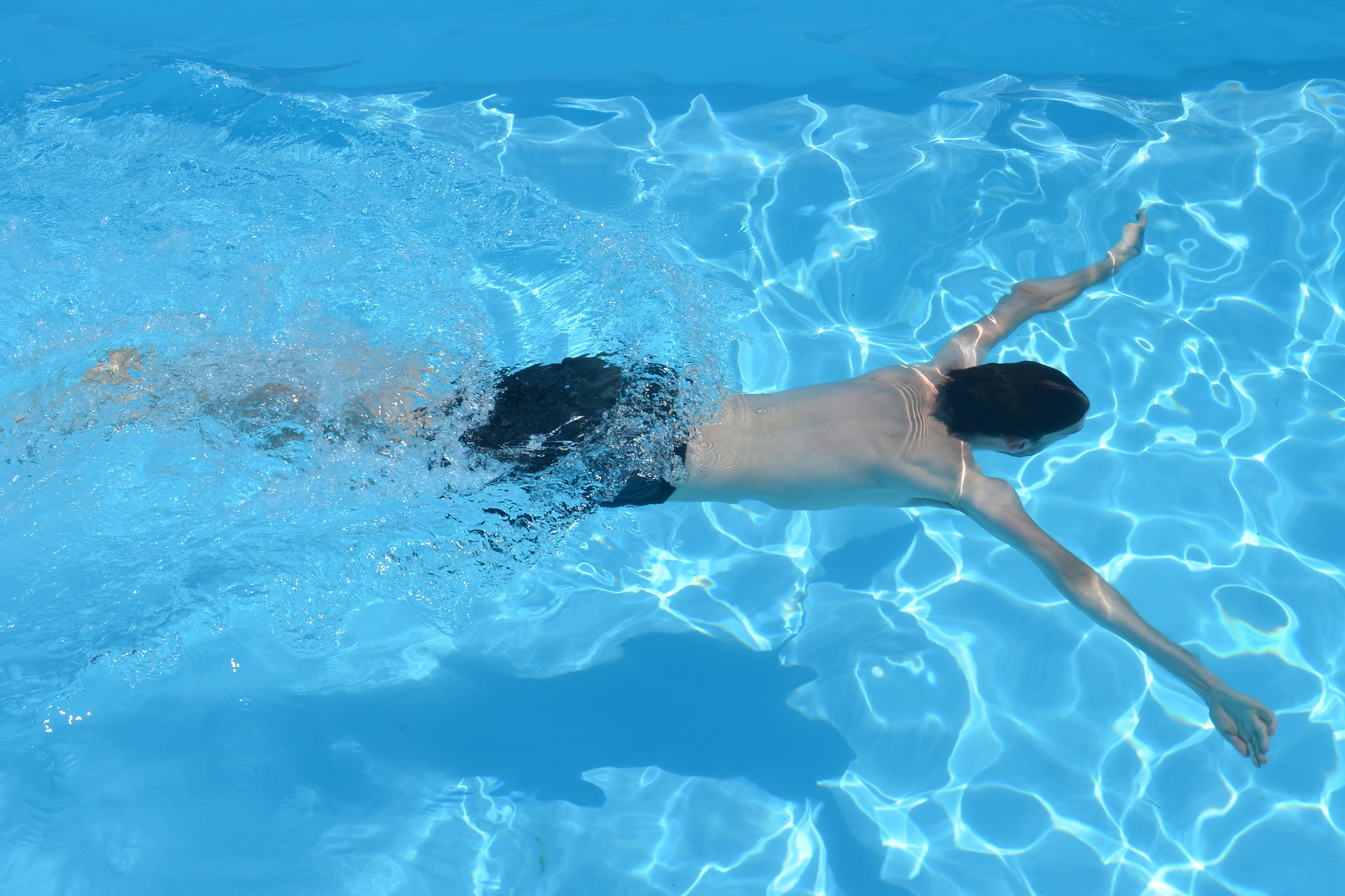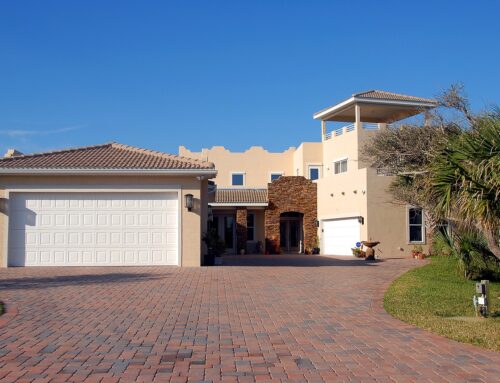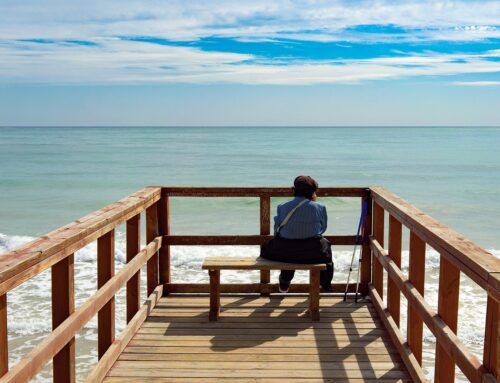There is no denying that a swimming pool in the backyard is a big plus for many Manatee County area residents. There is nothing better than relaxing in the backyard on a hot summer day.
However, residential pools present significant risk from a home owner’s insurance perspective. Sadly, drowning is the #1 cause of death for Florida children, and as such, swimming pools must be addressed when purchasing your insurance coverages.
By Florida law, all pools must have appropriate safety measures in place. These include some combination of a 4 foot high safety fence, approved latches on gates and doors leading to the pools, or an approved safety cover. All prospective pool owners should familiarize themselves with the legal requirements to ensure compliance.
Home Owner’s Insurance Policies- Pools
Here are three quick facts you should know if you are considering purchasing a home with a pool, or adding a swimming pool to your backyard.
- Swimming pools are classified as an “attractive nuisance” by insurance providers. Attractive nuisances are home features which are likely to attract children and have the possibility to cause harm to their well-being. The person who owns the pool is responsible for any injury or death caused in or around their pool – even if the injured party does not have permission to be on the premises.
In other words, if a child wanders into your pool area unbeknownst to you, you are still responsible for anything that may happen.
- There are two ways your insurance company may cover your pool. Damages to your pool are likely covered up to your policy limits (see below) but the larger insurance impact is in the area of liability. If someone is injured at your pool, you will be liable for medical and/or legal expenses.
Although your homeowner’s policy will cover these amounts, coverage limits usually top off at $100,000 – and most insurance experts agree that this is likely not enough for a pool related incident. Pool owners should ask their local insurance agent about obtaining additional coverage for the pool – or about a personal umbrella policy, which will kick in and begin to pay after your normal limits are reached.
- Your insurance company may pay for damages to your pool if the pool itself is damaged, usually by a falling object. Because pools are flush to the ground and generally won’t burn, your home owner’s insurance may only charge a very small fee to obtain coverage for pool damage.
Pools may either be considered as a part of your homeowner’s policy and a part of the dwelling, or may require coverage for “other structures.” Be sure to clarify with your agent how your pool is classified, and what your options for coverage are.
Having a swimming pool is one of the perks and luxuries of living in paradise, and we know that you will spend many happy afternoons with family and friends enjoying it. By understanding the regulatory requirements, implementing adequate safety measures, and obtaining the proper insurance coverages – you can enjoy your pool with peace of mind.
Do you have questions about other home features and how they affect your insurance rates? You should inform your insurance agent about a new pool, but also a new dog, trampoline, treehouse, or swing set. All of these fun additions to our lifestyle carry inherent risk, and it is in your best interest to be sure that you are sufficiently covered should the unexpected occur.
The experienced team at Anderson & Associates Insurance Group is here to give you professional advice, and to help you to ensure that this summer is both safe and protected.










